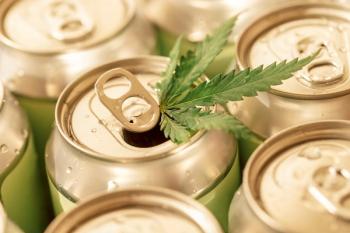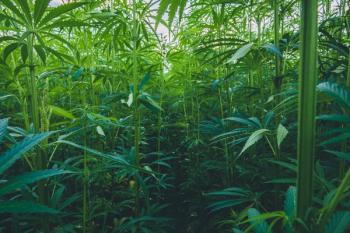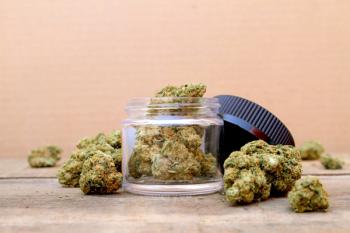On October 11, 2024, Superior Court Judge Stephen I. Goorvitch handed down his decision on the temporary restraining order submitted earlier this month on recent regulations on hemp products in the state of California. The regulations had been in response to increased concerns over minors’ access to the intoxicating products and potential adverse effects. Concerns over the regulations’ effect on businesses had been raised by stakeholders in the industry.
On September 23, 2024, California’s Secretary of State had approved and filed emergency regulations that had been proposed by the state’s Department of Public Health on September 4, 2024. The regulations would require food, beverages and dietary products that contain industrial hemp to have no detectable THC or other intoxicating cannabinoids per serving, limit the number of servings for hemp products to five, and create a minimum age of 21 to purchase hemp products. Subsequently, the US Hemp Roundtable—a coalition of dozens of companies advocating for science-driven hemp laws—along with several farmers and businesses, filed a lawsuit against the regulations.
On October 4, the US Hemp Roundtable had petitioned for a temporary restraining order against California’s emergency hemp regulations to prevent the enforcement of the regulations while the lawsuit is being litigated.
The judge’s decision stated, in part: “This potential harm to Californians, especially children, outweighs the potential that individual hemp businesses will not be able to adapt to the new regulations. At the hearing, Petitioners argued that certain consumers use these products for medicinal purposes. The State’s counsel argued that the record does not support this argument. Regardless, Petitioners’ argument is not persuasive. To the extent that medicinal benefit comes from the hemp plant itself, those products may still be sold in final form (without THC). To the extent the medicinal benefit comes from the THC, consumers can buy THC products in dispensaries, e.g., oil that can be ingested or other THC edibles. For purposes of evaluating irreparable harm, it matters not whether the THC comes from marijuana or hemp plants. It matters only that THC is available to consumers who use it for medicinal purposes. Accordingly, Petitioners cannot demonstrate sufficient irreparable harm for injunctive relief at this stage.”
In an October 14 press release, the US Hemp Roundtable discussed the judge’s ruling. Jonathan Miller, General Counsel for the US Hemp Roundtable, stated, “While we are disappointed with the court’s decision, this is only the first step in what could be a lengthy process. We are currently reviewing all of our options for proceeding. We still hold out hope that Governor Newsom will come to the table and work with industry to achieve our mutual goal – to robustly regulate hemp products and keep them out of the hands of children – without devastating hemp farmers, business and consumers as does his emergency regulation.”





